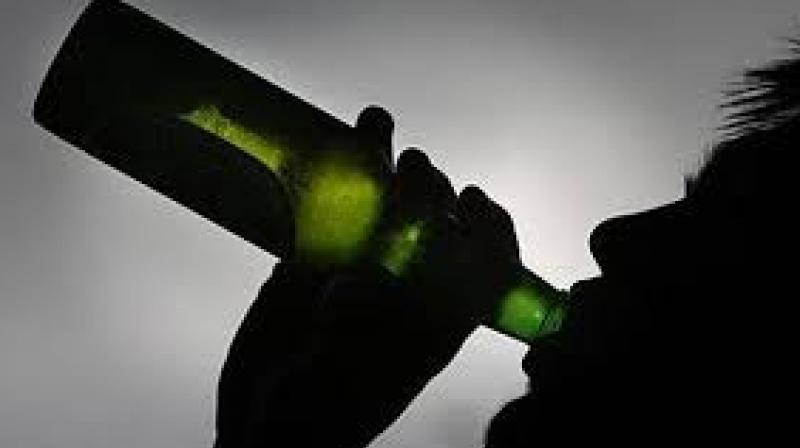Alcohol abuse is linked to increased risk of schizophrenia in later life
Previous research has analysed potential links between substance abuse and schizophrenia.

Washington D.C.: A new study shows that alcohol, cannabis and other illicit drugs can greatly increase the risk of developing schizophrenia in later life.
Previous research has analysed potential links between substance abuse and schizophrenia. However, due to methodological limitations in the existing literature (including lack of adjustment for co-abuse), uncertainties remain.
In this new study, the authors analysed nationwide Danish registers to establish a cohort of 31,33,968 individuals, identifying 2,04,505 cases of substance abuse and 21,305 diagnosed with schizophrenia. Information on substance abuse was taken from various registers and did not include psychotic symptoms caused by substance abuse in the definition.
This resulted in a large generalisable sample of exposed individuals. The data was analysed using various statistical techniques and adjusted for various factors including gender, urbanicity, co-abuse, other psychiatric diagnoses, patient's substance abuse and psychiatric history, parents' immigration to Denmark and parents' socioeconomic status.
The authors found that a diagnosis of any substance abuse increased the risk of developing schizophrenia by 6 times; for cannabis the increased risk was 5.2 times, alcohol 3.4 times, hallucinogenic drugs 1.9 times, sedatives 1.7 times, amphetamines 1.24 times and other substances 2.8 times.
The authors concluded, "The increased risk was found to be significant even 10 to 15 years after a diagnosis of substance abuse. Our results illustrate robust associations between almost any type of substance abuse and an increased risk of developing schizophrenia later in life."
They added that as the study is a cohort study it is not possible to determine whether alcohol or substance abuse actually causes the increased risk of schizophrenia. It is possible that people who are likely to develop schizophrenia are then more likely to abuse substances, and/or that people could be susceptible to both substance abuse and developing schizophrenia.
The authors' analysis of the data suggests all these explanations are possible, and they conclude the relationship between schizophrenia and substance abuse is highly complex.
In a second study by the same group, this time led by Dr Carsten Hjorthøj (also of Copenhagen University Hospital, Mental Health Center Copenhagen, Gentofte, Denmark) the authors studied the potential role of parental substance abuse in the development of schizophrenia. The abuse was split into two categories depending on whether it was first diagnosed before or after the birth of the offspring. Cases of schizophrenia were identified in Denmark's Psychiatric Central Research Register.
The researchers found that maternal cannabis abuse was associated with a 6-times increased risk of schizophrenia in the child, if diagnosed before the birth of the child, with a similar increased risk if diagnosed after. For paternal cannabis abuse, there was a 5.5 times increased risk of schizophrenia in the child whether diagnosed before or after the birth.
Maternal alcohol abuse diagnosed before the birth of the child was associated with a 5.6 times increased risk of schizophrenia in the child, but this fell to twice the risk if the diagnosis of alcohol abuse was after the birth, with a similar relationship for fathers (4.4 times increased risk with a pre-birth diagnosis versus 1.8 times for a diagnosis after the birth).
The authors concluded, "Second-hand exposure to cannabis is apparently linked to schizophrenia. While it is easy to be exposed to second hand smoke, with other substances, such as alcohol, there is no second hand exposure, which could explain the much lower associations observed after birth for these substances."
This research has been published at this year's International Early Psychosis Association (IEPA) meeting in Milan, Italy (October 20-22).

